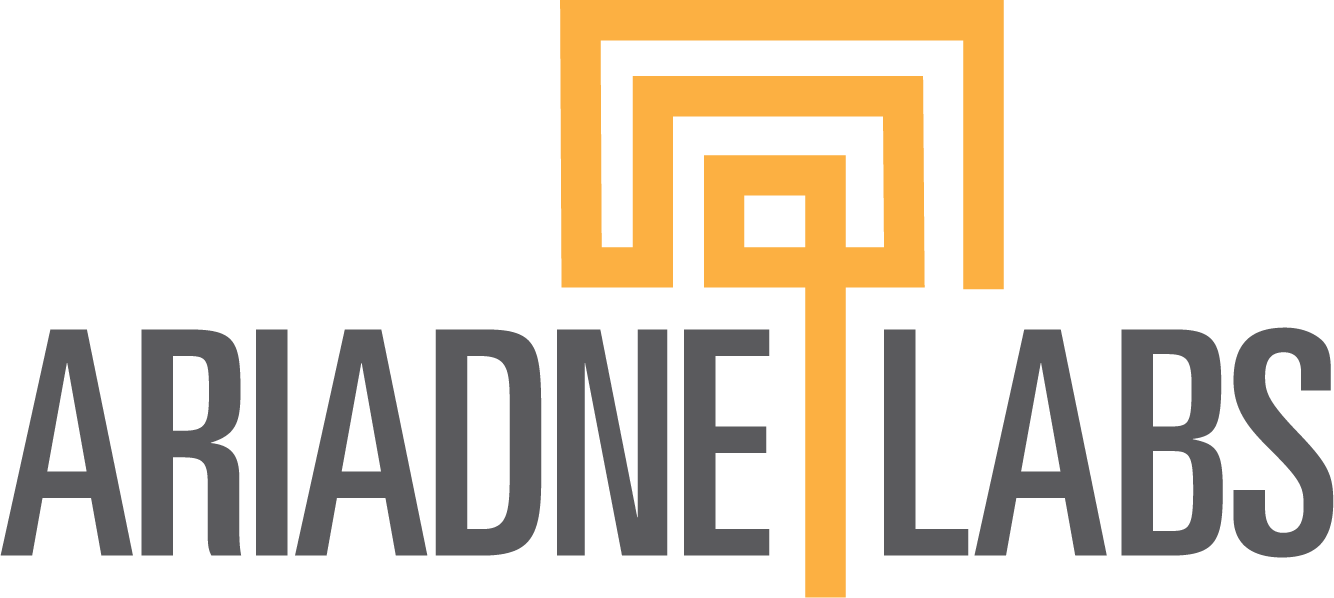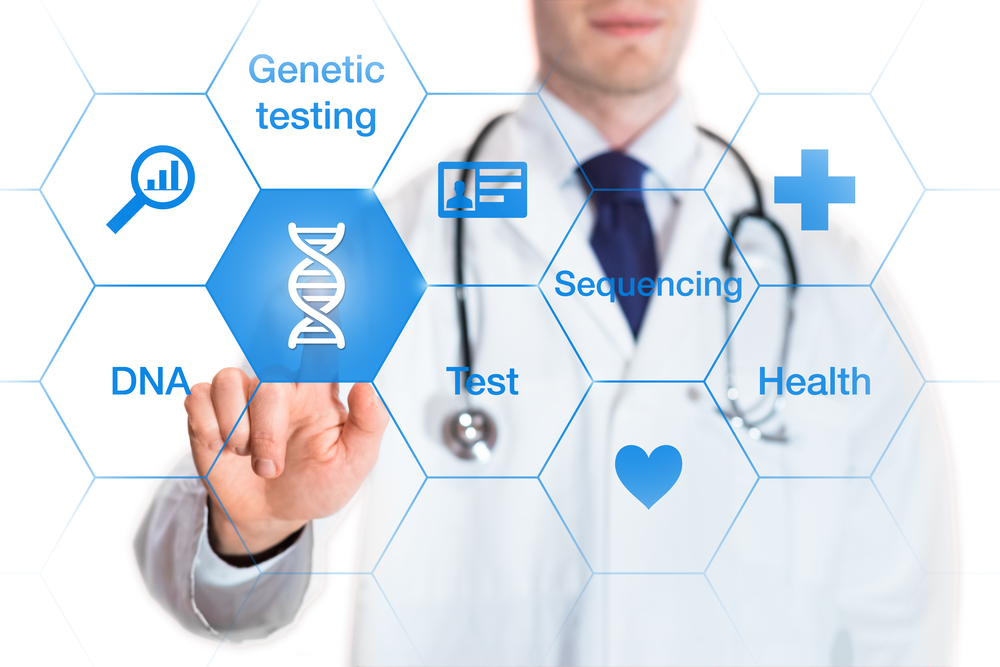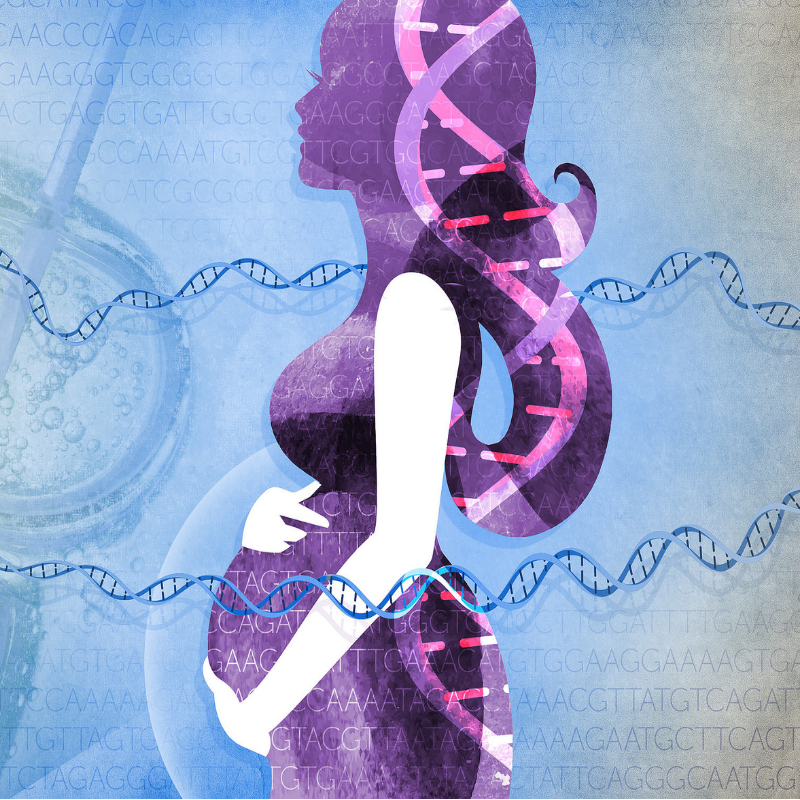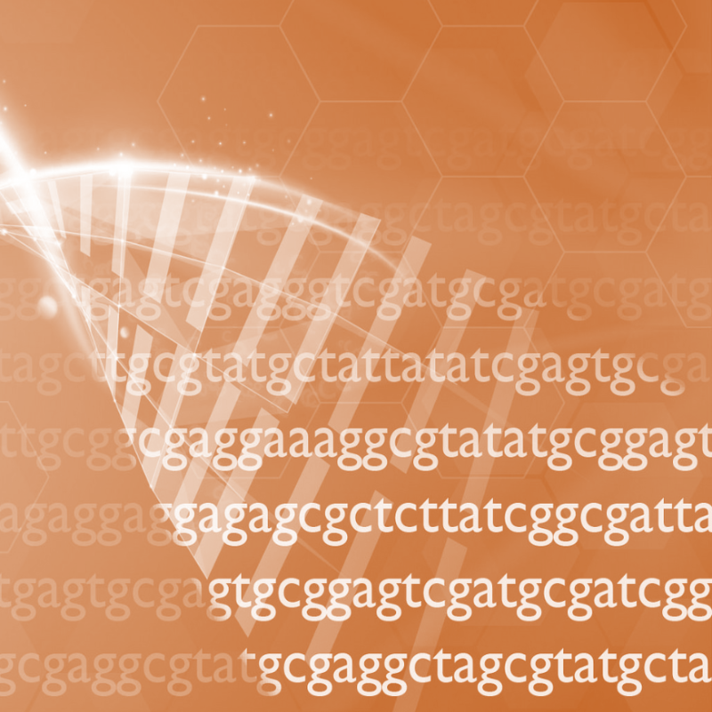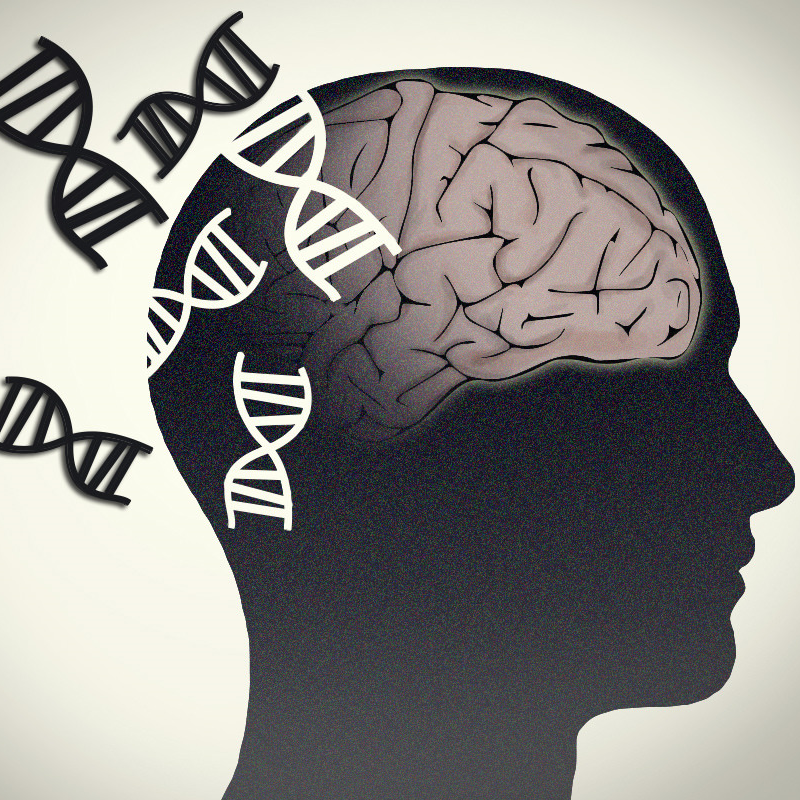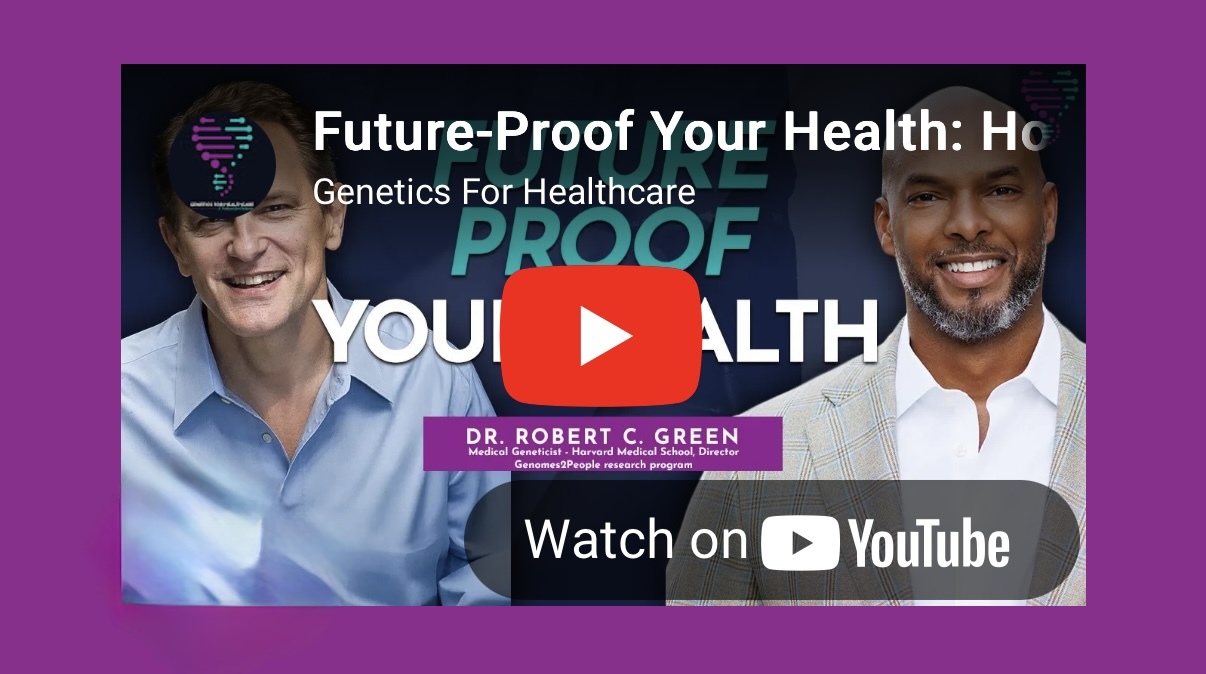Public policy
Health-literate care organizations for precision health
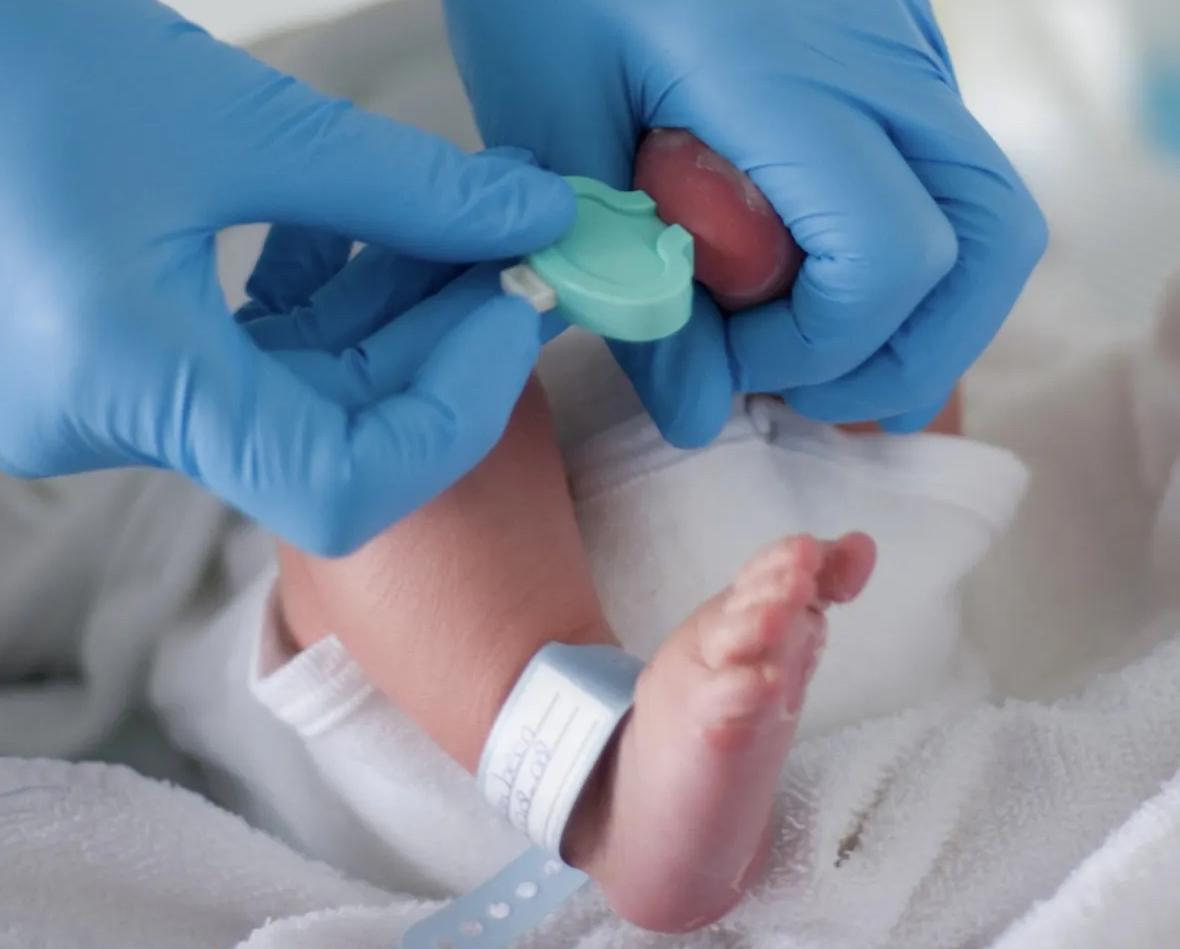
The Second Revolution of Newborn Screening
Visiting researcher, José Manuel González de Aledo Castillo, speaks on what newborn sequencing programs can learn from conventional newborn screening in his recent blog entitled “The Second Revolution of Newborn Screening.” He advocates for a future in which newborn sequencing and traditional newborn screening can work together in a complementary manner to ultimately reduce costs … Continued
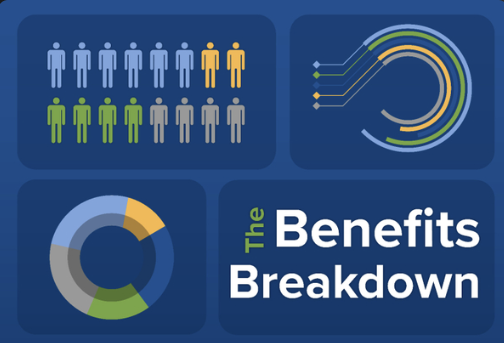
Genetics in the Workplace
Robert Green joins Jared Bowcutt and Adam Compton on the Brown & Brown Benefits Breakdown podcast to discuss genetics in the workplace. “Until recently, genomics has been fragmented and expensive – it has now evolved to be offered to employees and their families. Explore what you can do as an employer to make better decisions … Continued
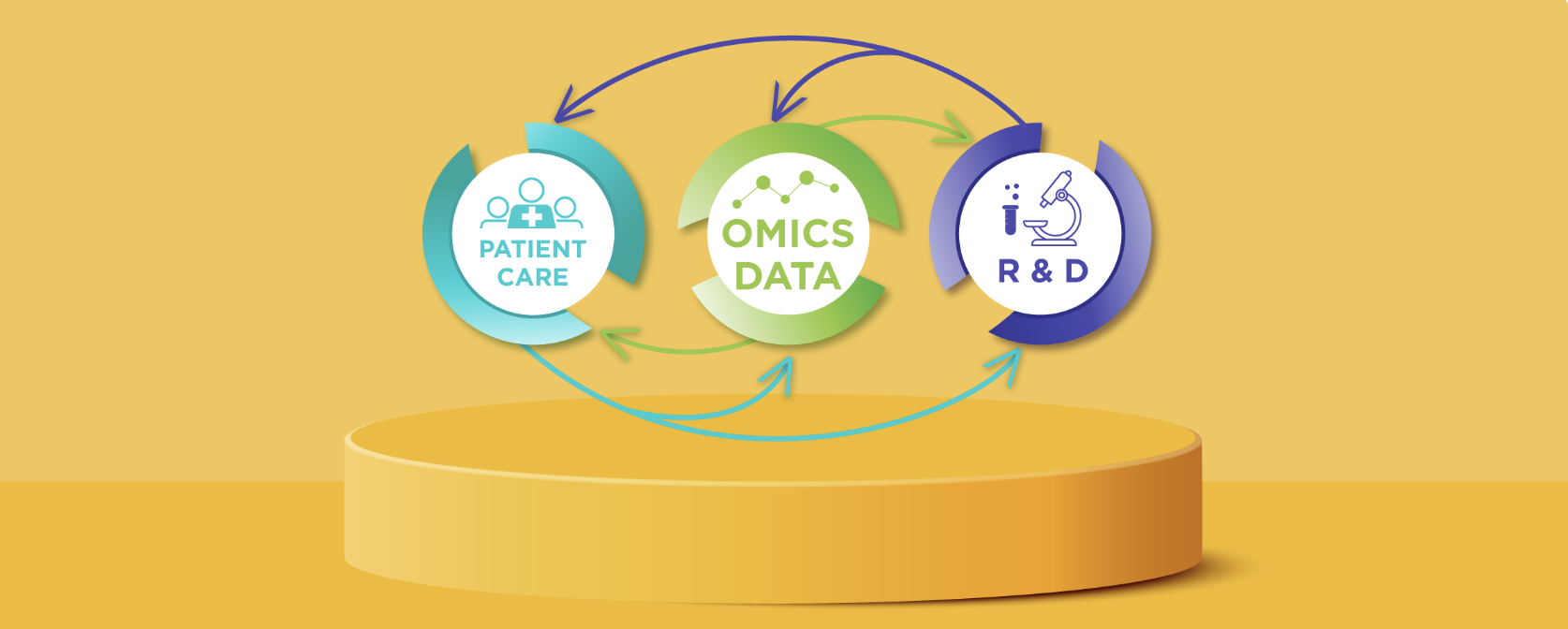
The missing links: How to ensure omics data fulfills its promise
“Omics data could herald a revolution in healthcare. The analysis of rich, interconnected and longitudinal multi-omics datasets promises a better understanding of the underlying biology of human health and disease, which in turn could lead to more effective prevention, earlier and more accurate diagnoses, new treatments and better choice of treatments. Despite that promise, only … Continued

Your DNA can now be pulled from thin air. Privacy experts are worried.
“Anna Lewis, a Harvard researcher who studies the ethical, legal and social implications of genetics research, said that environmental DNA hadn’t been widely discussed by experts in bioethics. But after the findings from Dr. Duffy and his colleagues, it will be.”
Moving away from one disease at a time: Screening, trial design, and regulatory implications of novel platform technologies
An international policy on returning genomic research results
The future of genomics in Ireland – focus on genomics for health
Long-awaited progress in addressing genetic discrimination in the US

Genetic counselors and the fight for medicare recognition
Elizabeth Fieg, MS, LCGC discusses the importance and implication of the H.R. 3235-The Access to Genetic Counselor Service Act that would authorize and recognize appropriately credentialed genetic counselors as reimbursable providers under Medicare.

FDA stepping up actions against PGx testing, forcing some labs to stop reporting drug information
Researchers led by Robert Green at Brigham and Women’s Hospital looked at whether consumers getting direct-to-consumer genetic testing were using PGx tests to change treatment decisions. Although this study relied on self-reported data from participants, it suggests that less than 1 percent could have made unsupervised medication changes based on their genetic test results.

G2P Newsletter June 2019
G2P’s summer began with our team members participating in the Boston Athletic Association 10K on Sunday June 23rd! Over the past few months, G2P faculty have attended numerous conferences nationwide, been featured in podcasts discussing the new preventive genomics clinic, and engaged with leaders in science, business, and industry in support of the Franca Fund.
Reconciling opportunistic and population screening in clinical genomics

Decoding FDA DTC policy
Scott D. Crawford, Shawn Fayer, and Robert C. Green directly address and highlight some of the recent FDA movement in the direct-to-consumer (DTC) genetic testing space with a five-post blog compilation.

‘We are increasingly exposed’: New studies show how easy it is to identify people using genetic databases
Dr. Robert Green points to the potential of genomics not only to reunite family members and put criminals behind bars, but also to predict and prevent heritable diseases and develop new drugs.
Cost analyses of genomic sequencing: Lessons learned from the MedSeq Project

My ancestry test revealed a genetic bombshell
Ancestry tests have “blown up family secrets all over the country”, but is it really helping people for the better to know this information? Read about Dr. Robert Green’s opinions on genomic testing revealing unsuspected familial matters.
Returning a genomic result for an adult-onset condition to the parents of a newborn: Insights from the BabySeq Project
Challenging the current recommendations for carrier testing in children

Results of at home genetic tests for health can be hard to interpret
Rita Steyn, who has a family history of cancer, decided to order a home genetic testing kit to look for certain genetic mutations that might increase her risk for the disease. While this is something many people are doing, consulting a physician is still recommended in order to understand the real risks, and what the … Continued

Privacy and consumer genetic testing don’t always mix
For a few hundred dollars and a spit sample, you too could take a journey of genetic self-discovery. You may learn some things, but what are you giving away? Before you spit, it helps to know what you’re getting into.
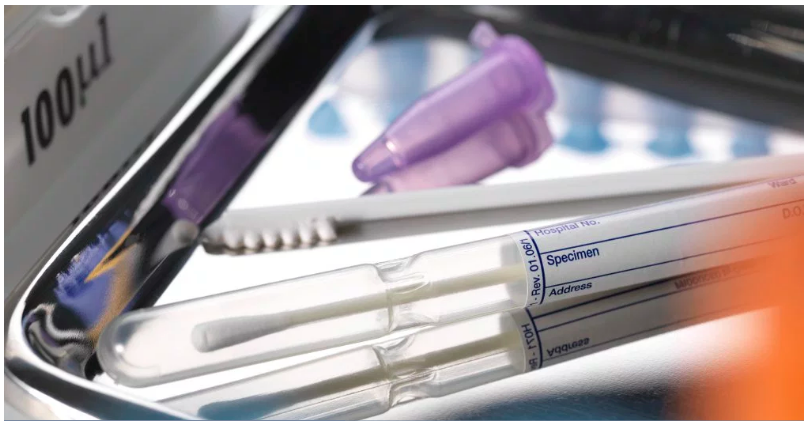
A DNA site helped authorities crack the golden state killer case. Here’s what you should know about your genetic data privacy.
Police were able to identify and arrest the Golden State Killer using GEDmatch, an open source genetic database. where individuals can upload and share their information for free, making it accessible for law enforcement in cases like these.
Pragmatic tools for sharing genomic research results with the relatives of living and deceased research participants

Sequencing patients’ genomes might not break the health care bank, study finds
Findings in whole-genome sequencing don’t lead to excessive follow-up testing, an early study found.

MedSeq Study finds whole-genome sequencing does not increase medical costs in the short term
A pilot study found no significant increases in healthcare costs among people who received whole-genome sequencing results along with a family history report.

23andMe gets FDA approval to report breast cancer risk without a doctor
Physicians are becoming more concerned about direct-to-consumer testing providing confidential information to patients about their health.

Will your baby like cilantro? These genetic tests say they can tell you
BabyGlimpse uses DNA from each parent to predict how their future child might look. It is one of the newest versions of direct-to-consumer testing, where patients get direct access to either their or their children’s genetic code. Dr. Robert Green shares his thoughts on the matter.
A randomized controlled trial of disclosing genetic risk information for Alzheimer disease via telephone

Genetic privacy concerns are on the rise for families and researchers
Dr. Robert Green discusses genetic privacy concerns and questions about whole genome sequencing that have arisen from parents whose children are participating in the BabySeq project.

The House health plan makes your genes a preexisting condition
Genetics isn’t destiny. “Insurance companies don’t know how to deal with this, because there aren’t good metrics to put into their underwriting algorithms,” Green says.
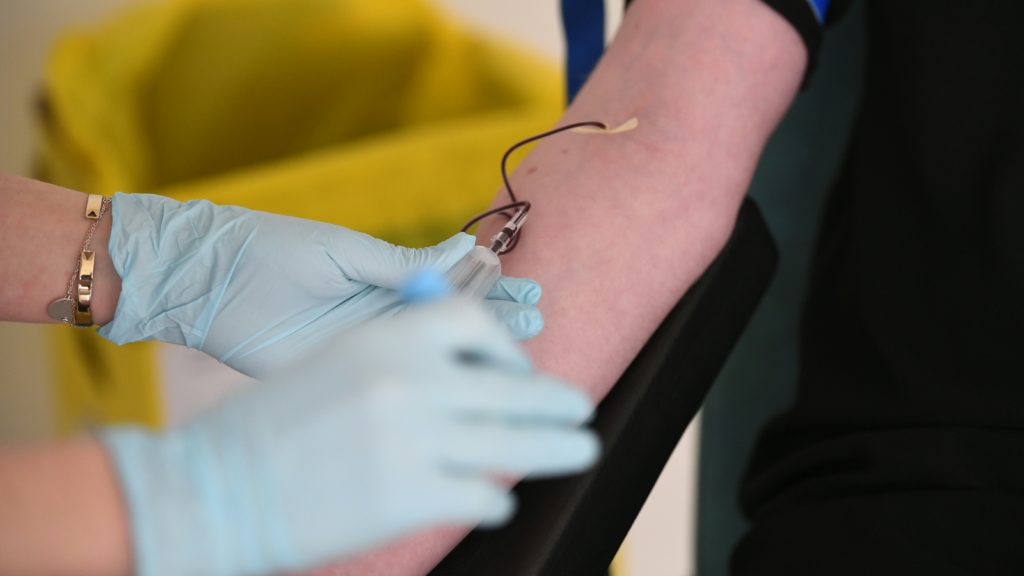
Opposition grows to “workplace wellness” bill that would scale back genetic privacy
“It’s a disaster for research,” Green said. “I’m tearing my hair out. Who wants to reveal to their employer that they have a BRCA mutation? It would just incentivize employers to get rid of people at risk for future, expensive illnesses.”

Protecting patients from genetic discrimination
“GINA was intended to reassure people so that they would be able to get genetic testing and would be able to participate in genetic research, and many people are now getting tested and participating, so to some extent it was helpful,” Green told The Scientist.

Kalter: Researchers concerned over ‘anti-science’ Trump
Dr. Robert Green’s thoughts regarding the limitations of government research funding.
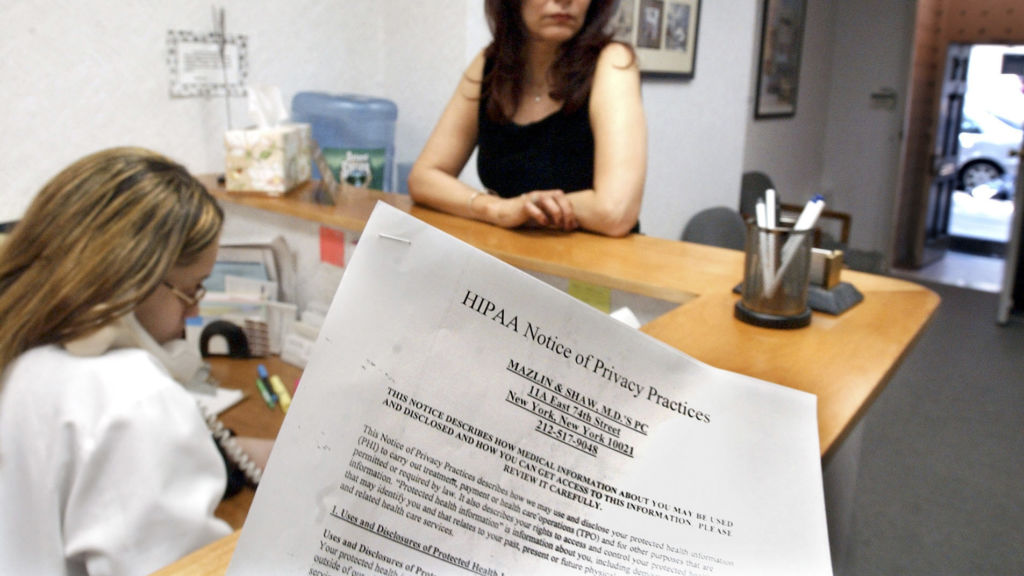
HIPAA turns 20: Five things you should know about your medical records
Patient information and participation help advance medical research. However, the issue is that this private information can be shared with insurance companies. Therefore, many have been reluctant to participate in genetic research trials, listing privacy as a reason for not joining or continuing a study.

Genomes2People: a roadmap for genomic medicine
An overview and summary of the main projects that are being conducted within the G2P program, both past and present. This article also includes the progract managers and research assistants on each major project.
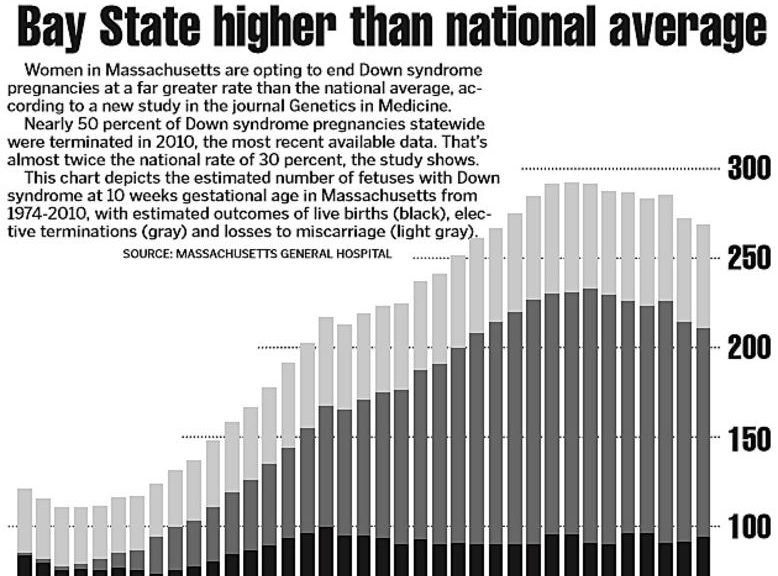
Study: Mass. women are more apt to end Down syndrome pregnancies
With advances in prenatal screenings in the Bay Area, studies have shown that more women are deciding to end Down syndrome pregnancies.
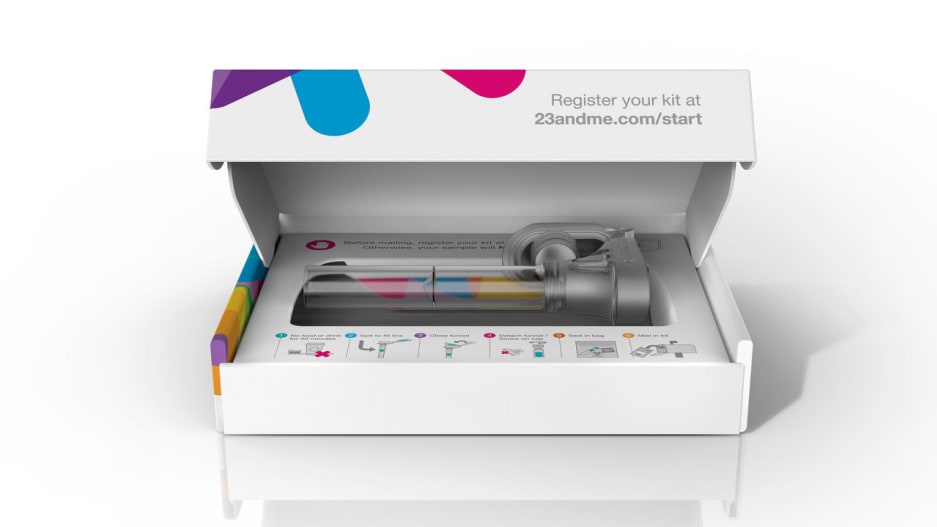
23andMe CEO: I’ll sleep when we bring our full test back to market
In November 2013, the FDA publicly ordered 23andMe to cease sales. A few years later, 23andMe rebranded to offer only some health reports along with ancestry and genealogy reports, without the serious health indicators it initially had in mind. The company is working its way back to providing medical information.
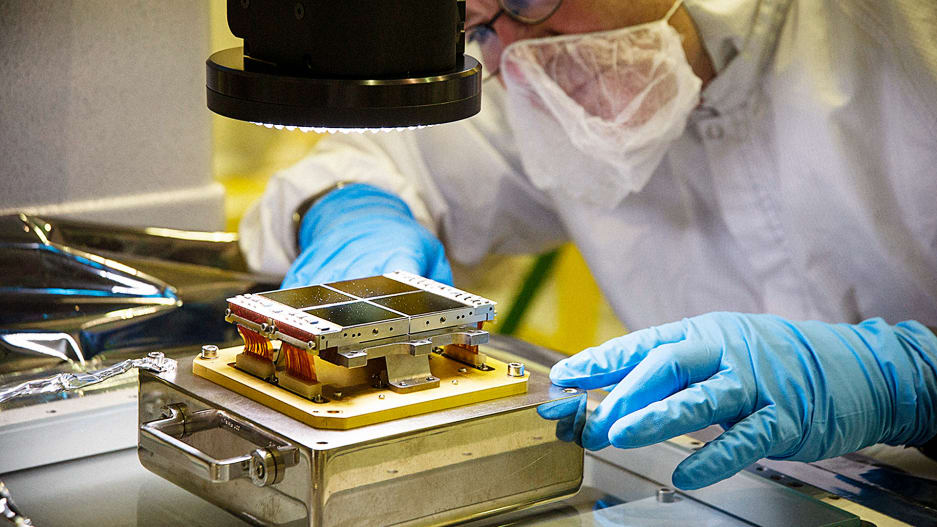
If you want life insurance, think twice before getting a genetic test
With the passing of the Genetic Information Nondiscrimination Act, the federal government has barred health insurance companies from denying coverage for those who have a genetic mutation. However, it does not cross over into private insurance companies, which can ask about genetic history and information.




